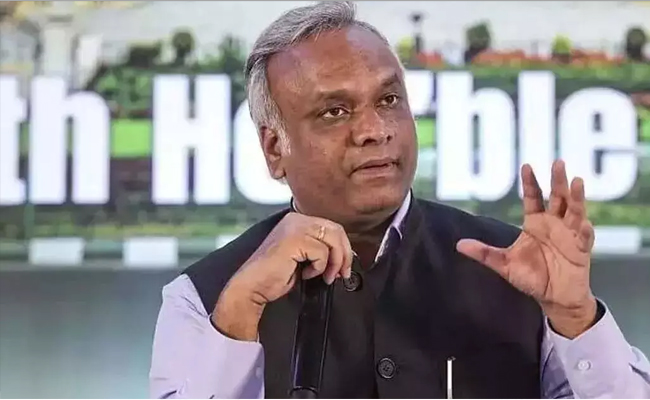Geneva: The World Health Organization (WHO) has issued a global safety alert warning of a rare but potentially irreversible vision condition associated with popular diabetes and weight-loss drugs containing semaglutide, including Ozempic, Rybelsus, and Wegovy.
The alert, released on 27 June, highlights the risk of non-arteritic anterior ischaemic optic neuropathy (NAION), a condition that can lead to sudden, painless, and irreversible loss of vision, typically in one eye.
“There is currently no effective treatment available for NAION, and the vision loss is generally irreversible,” the WHO stated in its warning.
The European Medicines Agency (EMA) has already acted on this risk by updating the safety profiles of these drugs. Following a comprehensive safety review, the agency’s Pharmacovigilance Risk Assessment Committee (PRAC) recommended that NAION be listed as a “very rare” side effect, potentially affecting up to 1 in 10,000 users.
Semaglutide, a GLP-1 receptor agonist, has seen widespread use globally for treating type 2 diabetes and obesity. However, the growing popularity of these drugs has also brought new safety concerns to light.
NAION is considered the second most common optic neuropathy after glaucoma and can present without pain, making early detection more challenging. Common symptoms include sudden vision loss and optic disc swelling.
The WHO noted that its global adverse event database, VigiBase, had received several individual case safety reports of NAION linked to semaglutide use from multiple countries. After assessing these reports during its May 2025 meeting, the WHO Advisory Committee on Safety of Medicinal Products (ACSoMP) recommended revising semaglutide’s risk management plans.
Healthcare professionals worldwide are now being urged to inform patients about this potential risk and to remain vigilant. Patients currently using semaglutide or considering it are advised to seek immediate medical help if they experience any sudden changes in vision.
The alert is part of continued pharmacovigilance efforts around GLP-1-based medications, which have transformed diabetes and obesity care but continue to face evolving scrutiny as their use expands.
Let the Truth be known. If you read VB and like VB, please be a VB Supporter and Help us deliver the Truth to one and all.
Barasat (PTI): A court in West Bengal’s Barrackpore on Monday convicted three people for killing a councillor of Panihati Municipality in North 24 Parganas district.
Sanjib Pandit, Amit Pandit and Ziarul Mandal were convicted by the SDJM Court, Barrackpore, for the murder of Anupam Dutta, councillor of ward number 8 of the civic body in the city’s northern fringes, on March 13, 2022.
The court would declare the quantum of punishment on December 17.
Dutta was shot dead in the crowded Agarpara North Station Road, and his killing led to massive protests in the area in subsequent days.
ALSO READ: Football fans in frenzy as Messi winds up G.O.A.T. India Tour with Delhi leg
Local MLA Nirmal Ghosh had led a series of protests on B T Road and Tentultala More during March 2022, demanding the arrest of the assailants.
Police arrested one person based on CCTV footage, and nabbed two others after interrogating him.
Dutta's wife became the councilor following his death.
A large crowd from his ward, including many waving TMC flags, had on Monday assembled in front of the court premises, demanding strict punishment for the culprits.





